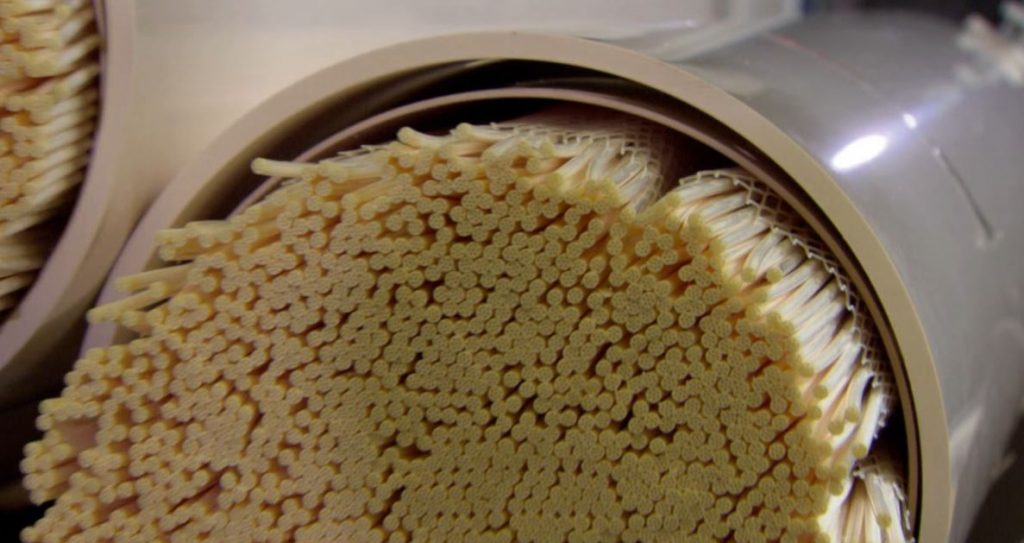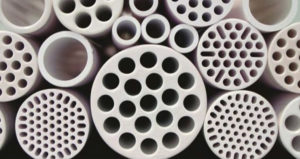BASF to sell ultrafiltration membrane business to DuPont

-
 Editorial Team
Editorial Team
Share article:
The European company BASF signed an agreement to sell its ultrafiltration membrane business to DuPont in America. The deal includes the shares of inge GmbH, its international sales force, its headquarters and production site in Greifenberg in Germany. Pending approval by the relevant authorities, closing is anticipated by the end of 2019.
The combination of the DuPont and BASF ultrafiltration technologies adds to DuPont’s portfolio of water purification and separation technologies including ultrafiltration, reverse osmosis and ion exchange resins. BASF wants to sell inge GMBH because synergies with other BASF activities are very limited. “For the ultrafiltration membrane business, becoming part of DuPont, a strategic buyer, provides strong value creation potential and will enable it to reach the next level of growth”, said Anup Kothari, President, Performance Chemicals, BASF.
Portfolio
“Water is local, but science is global,” said HP Nanda, Global Vice President and General Manager, DuPont Water Solutions. “We need a broad portfolio of technologies to solve our customers’ challenges. The industry-leading, multi-bore PES Ultra Filtration technology from BASF complements our own high-flow PVDF technology providing more choice for our customers.”
Water market
It is DuPont’s first acquisition since it split from pesticide maker Corteva and Dow Chemical Co. last spring. DuPont has been selling off other business units that executive chairman Edward Breen said didn’t fit its main strategy or faced slow growth prospects. But Breen has also told investors that DuPont will continue to buy units that help boost sales in key markets, like the water market.
Technology
Ultrafiltration is a method for producing drinking water from surface water, groundwater and spring water. The nanoscale membranes have an extremely small pore size and can reliably intercept not only particles but also microorganisms such as bacteria and even viruses, thereby providing a dependable source of clean water.












